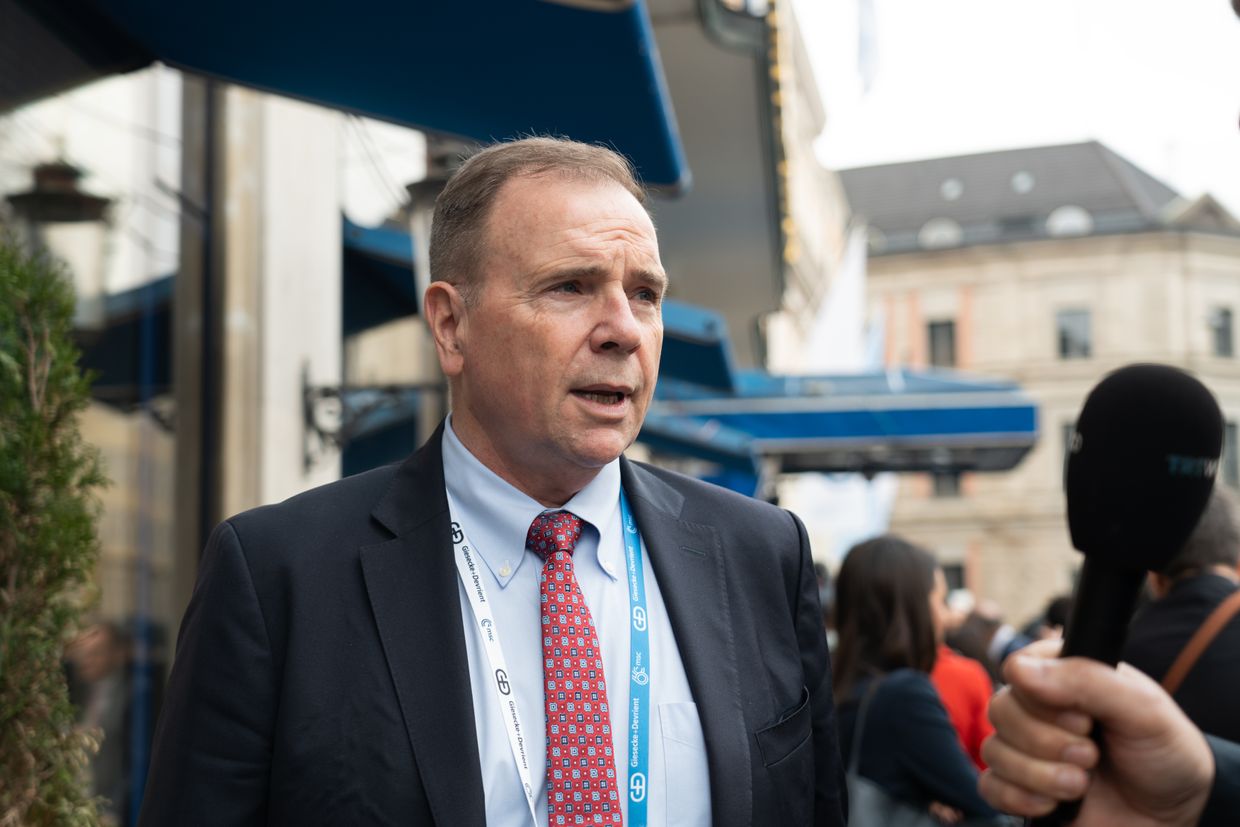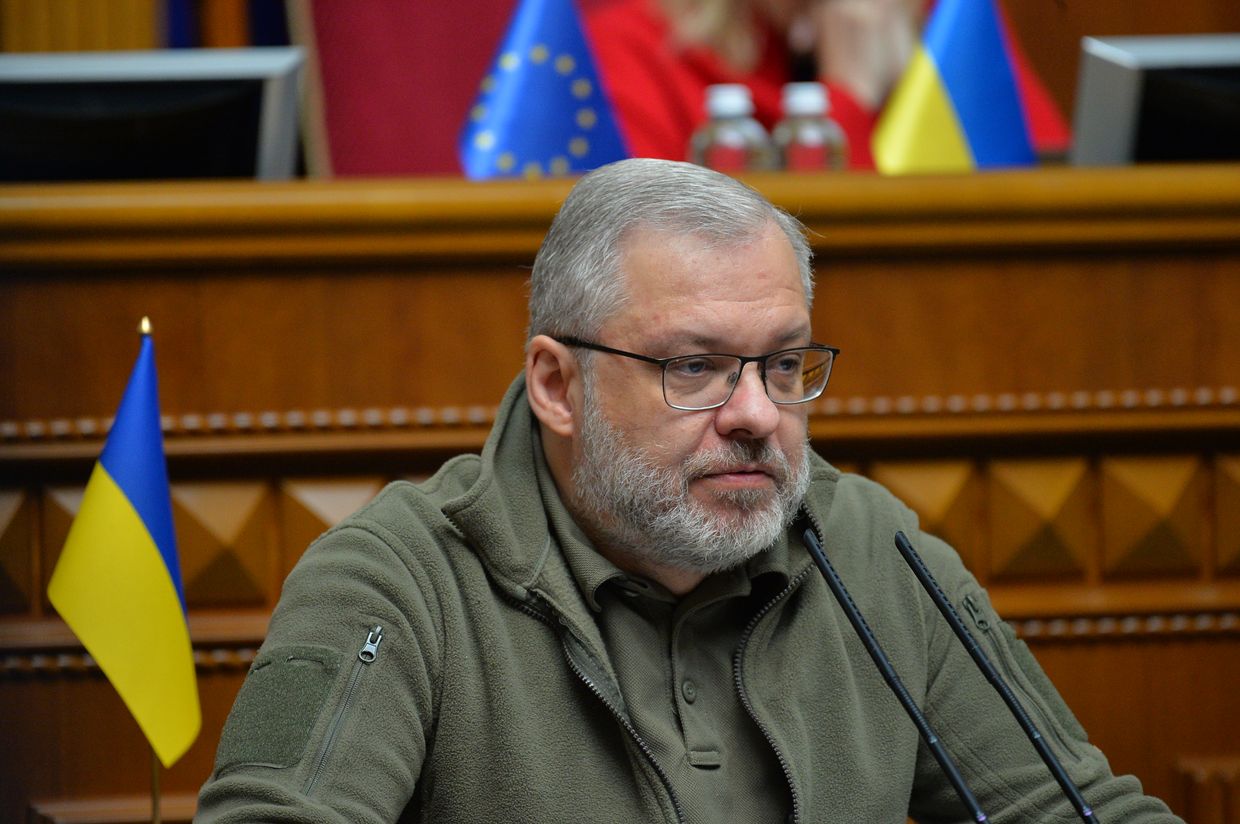Energy Minister Herman Halushchenko denied any indirect negotiations with Russia to stop attacks on Ukrainian energy infrastructure had taken place in an interview on national television on Aug. 24.
"We are not negotiating with the terrorists, that is for sure, especially not behind the scenes. It is impossible... Of course, we did not conduct these negotiations with the Russians," Halushchenko said.
Russian Foreign Ministry Spokesperson Maria Zakharova also denied on Aug. 18 a report that the country was entering indirect talks with Ukraine in Qatar on mutually halting strikes on energy infrastructure.
The Washington Post (WP) reported on Aug. 17, citing undisclosed official sources, that Russia was preparing to enter secret indirect talks with Ukraine – facilitated by Qatar – to mutually stop attacks on energy infrastructure. According to the WP, Ukraine's incursion into Russia disrupted plans for those indirect talks.
According to Halushchenko, on Aug. 22, an online summit was held on the third point of the peace formula, energy security. Over 40 countries and international organizations attended the summit.
The minister said that the participants of the event adopted a communiqué.
The document states that attacks on the civilian power grid violate international humanitarian law and the United Nations Charter, Halushchenko said, adding that "everyone supported the statement."
The document can be presented to the Russian government, and a number of states can act as intermediaries in this process, according to Halushchenko.
Russia launched a massive campaign with drones and missiles against Ukrainian energy infrastructure over the first few months of 2024, destroying or disabling power plants and necessitating rolling blackouts across the country.
In turn, Ukraine has been targeting Russian oil facilities with long-range drones to undermine Moscow's fossil fuel revenue, one of its key sources of income.
According to the Washington Post, an undisclosed diplomatic source reportedly told the outlet that Russian officials postponed their meeting with Qatari officials in the wake of Ukraine's cross-border incursion.
Two sources also told the WP that senior Ukrainian officials were skeptical about the deal even before the start of the incursion, putting its chances of success at 20% or lower as they doubted Russia's sincerity. Other officials were hoping that it could be a first step toward a more comprehensive peace deal, the outlet wrote.
The Kyiv Independent could not independently verify any of the claims.














